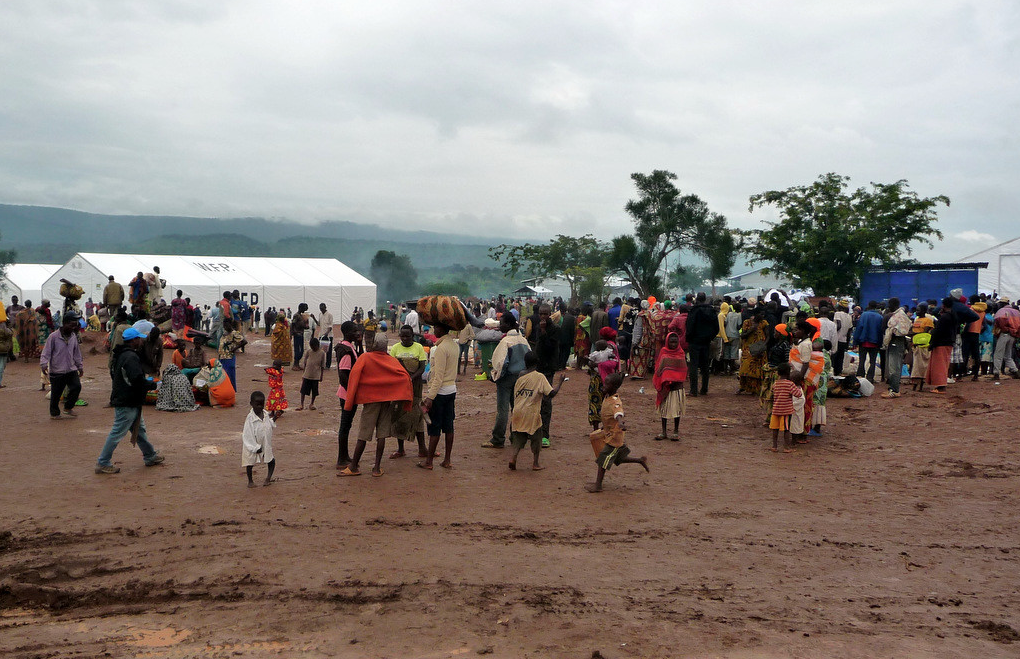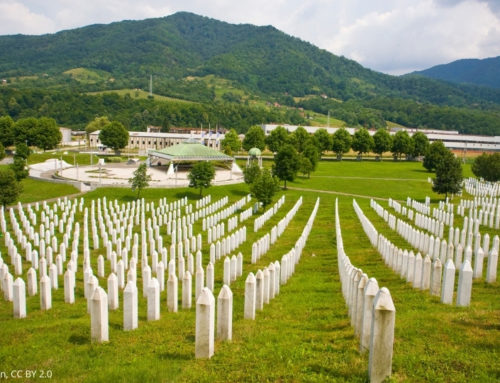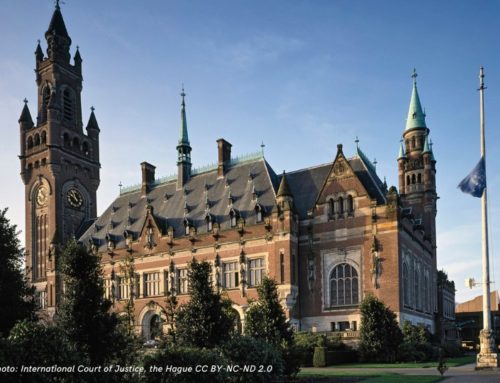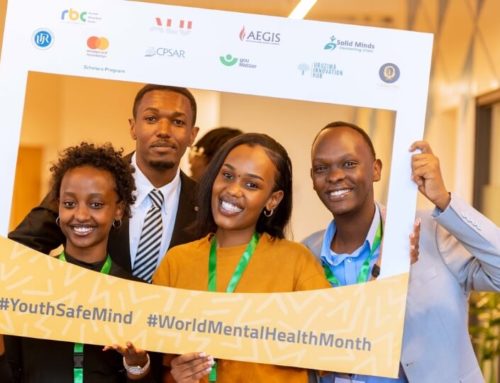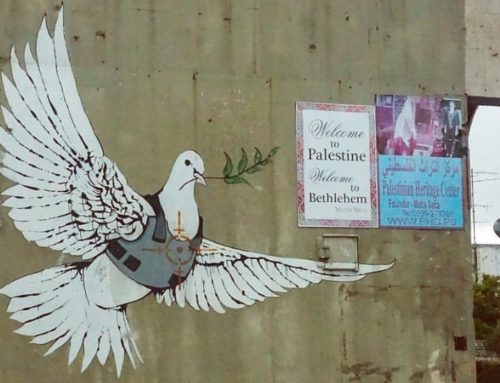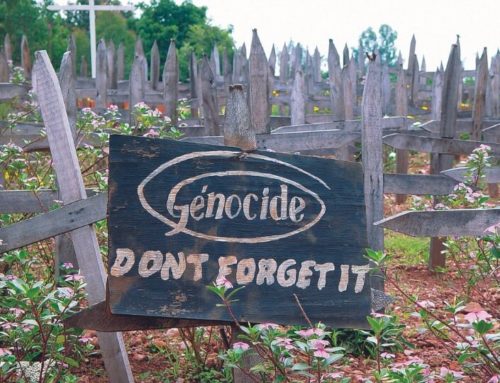13 Nov 2015 – A statement from the Aegis Trust and STAND: the Student-Led Movement to End Mass Atrocities
The world is watching with concern as tensions escalate in Burundi, yet response to the crisis has thus far been limited in coordination and effectiveness. Since President Pierre Nkurunziza decided to run for a controversial third term in April, and since a failed coup attempt in May, the Burundian government has cracked down on political dissidents, leaving more than 240 people dead and forcing more than 210,000 people to flee to neighbouring countries. In recent days, hate speech and attacks by both security forces and armed opposition have exacerbated existing tensions.
The vocabulary and tone now being used by some of the authorities in Burundi recall the worst hours of the planning of mass atrocities before the genocide took place in Rwanda. Révérien Ndikuriyo, the President of Burundi’s Senate, has called on supporters to “pulverise” and “exterminate” opponents, who are “good only for dying.” Two weeks ago, he said publicly, “Go tell
The Aegis Trust and STAND are extremely concerned by the escalation of the crisis. We welcome recent statements and actions by regional and international bodies, including the EAC, EU and UN, aimed at deescalating violence and restoring peace and stability. We especially welcome yesterday’s UN Security Council Resolution on Burundi; targeted sanctions and deployment of human rights observers and military experts by the African Union; and sanctions by the European Union.
Leadership on mediation has been shown regionally, in particular by Uganda. However, in conditions where mediation is not effectively preventing the situation from deteriorating, and where hate speech and incitement to violence are increasing, leaders must urgently focus on the protection of people at risk.
It is often pointed out that in 1993 and 1994 there was no effective regional or global response to the threat – and then occurrence – of genocide against the Tutsi in Rwanda. Because of that failure to respond, new structures were created to ensure timely and coordinated response to such threats, including the International Conference on the Great Lakes Region (ICGLR). In its legally binding pact, member states undertake to prevent and punish genocide and crimes against humanity, and to proscribe all propaganda that encourages any form of ethnic hatred.
We urge the Government of Burundi to honour this commitment by robustly countering hate speech and by preventing security forces and all armed elements under its control from harming Burundi’s citizens.
The primary responsibility for protection of Burundi’s citizens rests with the Government of Burundi. Since it is currently failing in this duty, the responsibility to protect falls to the international community – both regionally and globally. Further robust steps must now be taken urgently, within East Africa and beyond, to ensure the protection of all of Burundi’s people.
—
The Aegis Trust is an international organisation working to prevent genocide.
STAND: The Student-Led Movement to End Mass Atrocities, is the US branch of the Aegis Youth Department. To learn more, visit www.standnow.org

